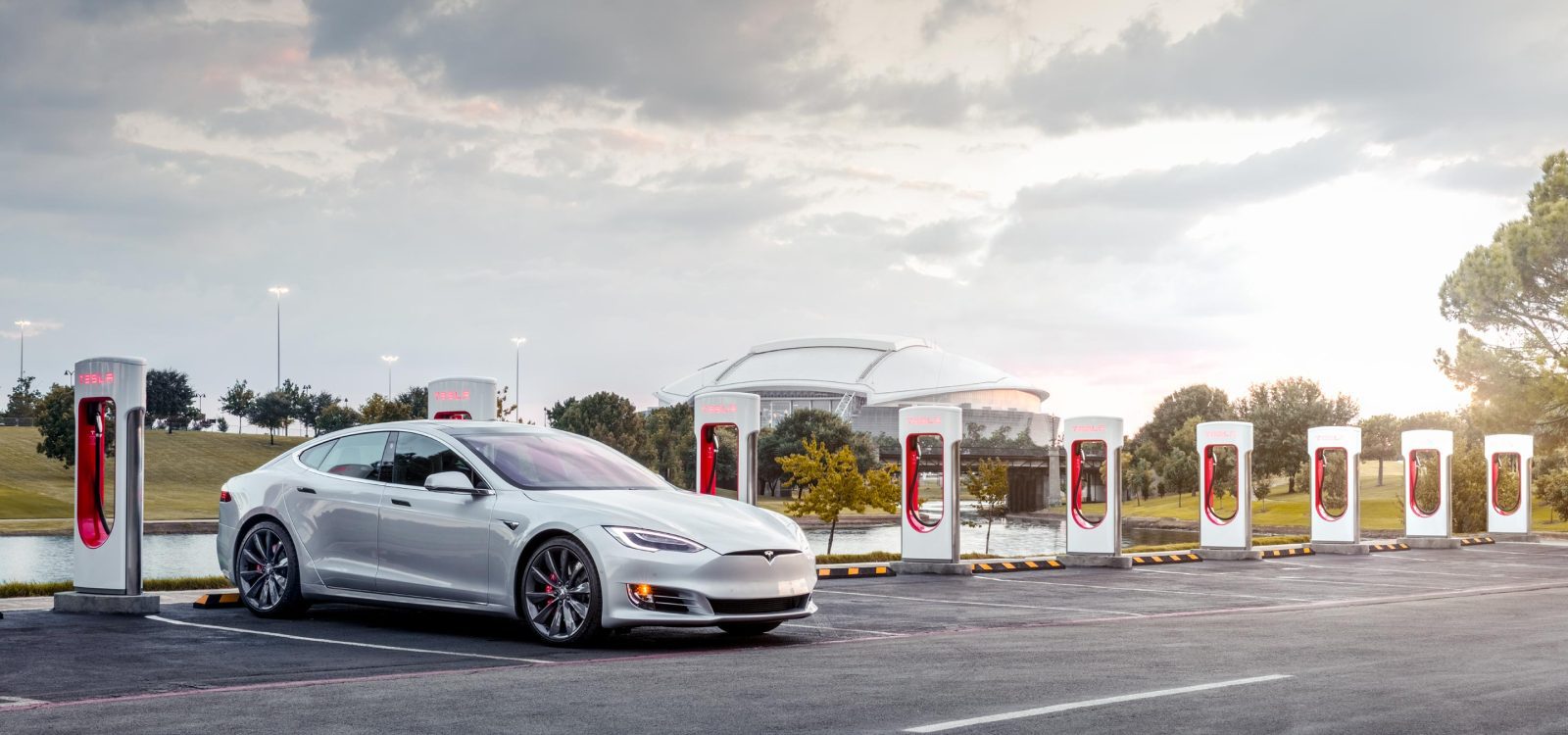During the last two months, there has been concern about the inclusion of the electric vehicle tax credit in the new proposed tax bill. A House version of the bill initially included verbiage concerning the eventual removal of this tax credit. An unnamed source told reporters at Bloomberg that negotiations in the House and Senate will spare the tax credit in the new version of the plan. The original provision of the tax credit covers auto manufacturers up to 200,000 cars sold. Tesla has sold over 120,000 units with General Motors and Nissan not too far behind. The decision to keep the tax credit will have an impact on automakers, and the sales of electric vehicles. Dealers can continue to use this incentive as a means to increase sales.
Benefitting from a Competitive Market
Tesla has ruled the U.S. market for electric vehicles and had a bit to gain from the tax credit being done away with. Now, other manufacturers are placing their bets on the success of electric vehicles. Dealers have a lot of options for cars they can suggest to consumers who walk onto dealer lots. Now that Jaguar, Daimler, Volvo, Mazda, and the VW Group can also benefit from the extension of the tax credit, consumers have additional brands to choose from when purchasing an electric car. By 2022, Mercedes-Benz is planning to make all their vehicles electric. Volvo plans to do the same by 2019, and Renault, Nissan, and Mitsubishi can move along with their intended collaboration to introduce 12 fully electric models by 2022. The tax credit will help to facilitate these options and give consumers the opportunity to benefit from these new product offerings. Something that dealers can take advantage of in the new decade.
An Easier Time Selling New Vehicles
The federal tax credit only extends to the original owner of the vehicle. It cannot be passed on to other individuals. This means that used electric cars will not have this benefit. This allows dealers to create an argument for consumers to purchase a new vehicle at their dealership. Even if the owner did not utilize the credit, a provision was not included for that incentive to be tracked and passed onto the next person. This coincides with new electric vehicle models that will be on the rise in the next few years. In recent years, dealers have had a harder time getting newer vehicles off the lot, and this provision would help them to create more value for consumers purchasing a new car.
The Financial Benefit
The most obvious benefit that dealers can tout to consumers is the tax credit itself. Credits range from $2,500 to $7,500 with the final amount depending on the size of the battery. Also, many states offer tax incentives along with federal for electric vehicles. If a dealer happens to live in a state that also has a local tax credit, they can consumers take advantage of additional tax credits. There could be car buyers who do not know about these incentives, so dealers could be in a spot to help consumers through the process of taking advantage of the credit.
The landscape of electric vehicles is about to widen as a result of this decision. More manufacturers will continue to have access to the 200,000 limit, which gives consumers an opportunity to take advantage of the tax credit. Dealers can use this decision to guide consumers who want to save money on gas and are environmentally conscious to newer electric vehicles. As the playing field grows, and more electric car models are created, dealers and consumers alike will have more options at their disposal.








